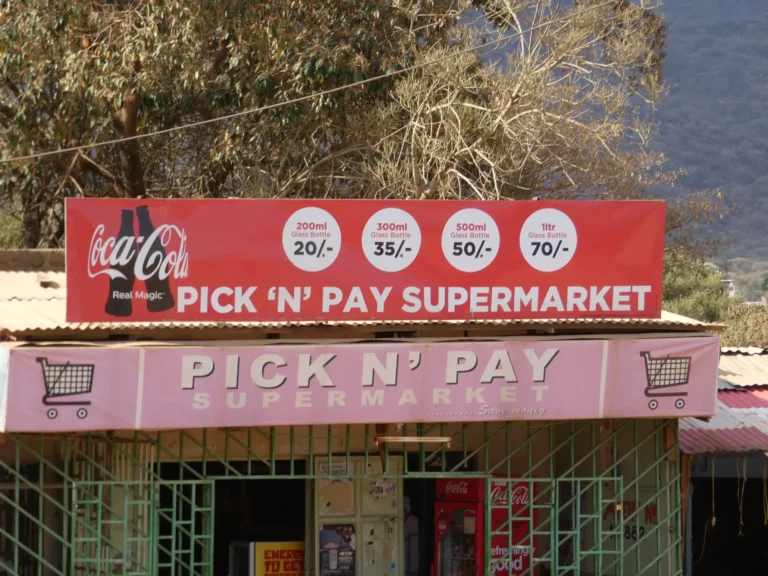
“Investing in stakeholder survey data is not a luxury. It’s a strategic necessity for companies committed to human rights and long-term resilience.”
Martijn Scheltema
Across sectors and regions, more companies are carrying out human rights due diligence to identify, manage, and report on potential human rights harms linked to their operations — whether directly, through subsidiaries, or via business partners. This process is grounded in key international frameworks such as the UN Guiding Principles on Business and Human Rights and the OECD Guidelines for Multinational Enterprises.
The legal landscape is shifting fast. Countries like Australia, Canada, France, Germany, Norway, the UK, and the US, as well as the European Union, now require human rights due diligence or at least reporting on it – often in connection with specific risks (like forced labour or modern slavery) or products and regions (such as conflict minerals).
Others, including Brazil, Indonesia, New Zealand, Thailand, and the United Arab Emirates, have announced or adopted similar regulations. The EU is expanding its reach with legislation such as the Deforestation Regulation, Batteries Regulation, Forced Labour Regulation, the Corporate Sustainability Due Diligence Directive (CSDDD), and the Corporate Sustainability Reporting Directive (CSRD). Meanwhile, China and Japan have introduced voluntary standards for corporate reporting. On the global level, negotiations are ongoing for a binding treaty that would require states to mandate human rights due diligence by companies.
At the core of these developments lies a simple but powerful idea: companies must assess and manage the risks their activities pose to people – not just to the company itself. The emphasis is on protecting rights holders, especially those who are vulnerable or directly affected.
Yet in practice, one of the most critical elements of due diligence – meaningful engagement with affected people – is still too often neglected.
The Missing Piece: Listening to Rights Holders
Many companies focus on management systems: codes of conduct, staff training, risk assessments, and audit procedures. These are important. But too often, they are developed and implemented without actually hearing from the people most at risk.
Take supply chains, for example. When harm occurs at the supplier level, companies typically develop remediation plans – but these are often designed without involving the affected workers or communities themselves. Their perspectives are rarely surveyed, let alone integrated into the design, implementation, or evaluation of those plans. This creates a fundamental gap between company activity and actual impact.
Data on human rights risks tends to focus on known issues – the kinds of problems that surface through media reports or civil society investigations. But this retrospective lens means many early warning signs go undetected. What’s missing is proactive, large-scale data collection from the ground up: stakeholder surveys that capture the lived experiences of workers, communities, and others who may be affected.
Why Stakeholder Data Matters
Engaging directly with rights holders is not only a matter of principle – it’s a matter of effectiveness. Gathering data from affected people:
- Reveals implementation gaps between what companies are doing and what is actually needed.
- Provides early insight into potential issues before they escalate or become public scandals. But also provides early insight into potential opportunities which can improve supply chains, make the company more attractive as an employer, or enhance the company’s reputation.
- Strengthens the credibility and accountability of a company’s due diligence processes.
- Builds trust with civil society, regulators, and consumers, making the company and its supply chain more resilient to unexpected events.
By contrast, once human rights violations hit the headlines or are raised by NGOs, it is often too late for a constructive resolution.
Take the 2024 report of Amnesty International, assessing the human rights due diligence of 13 major EV manufacturers. The conclusion was that most companies could not demonstrate that they meaningfully engaged with affected communities in their mineral supply chains – particularly where cobalt is mined under hazardous conditions in countries like the Democratic Republic of Congo. While remediation plans and supplier engagement existed on paper, there was, according to Amnesty International, little to no large-scale data collection from affected workers or communities. Instead, most of the risk assessments were based on company-level activities or known past incidents reported by civil society or media. This lack of direct stakeholder input created a dangerous blind spot – leaving companies exposed to legal, reputational, and operational risks. It’s a textbook example of how due diligence that doesn’t include affected rights holders can fall short, despite the best of intentions.
The Case for Scale
To be meaningful, stakeholder engagement needs to move beyond isolated interviews or token consultations. It requires systematic, scalable approaches – especially in sectors with extended global supply chains and complex risk profiles.
Investing in stakeholder survey data is not a luxury. It’s a strategic necessity for companies committed to human rights and long-term resilience. As legal requirements and stakeholder expectations evolve, companies need to move from reporting about due diligence to making it real – and that starts with listening and talking to the people who matter most. Stakeholder engagement data needs to be a core feature of human rights due diligence. Managing social standards risks is not easy. In the real world no company (or stakeholder group) will ever be prefect. But being on top of things, knowing where stakeholder relations are good, and where there are issues is in the direct interest of companies. It will help them prevent harm, manage risk, build trust capital, have responses to unfounded accusations, take opportunities, and increase resilience if difficulties arise.
Martijn Scheltema is Lead Villager at Big Village Data, focusing mostly on standards. martijn.scheltema@bigvillagedata.com

